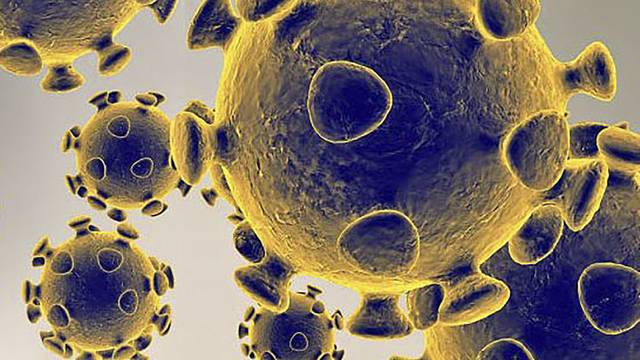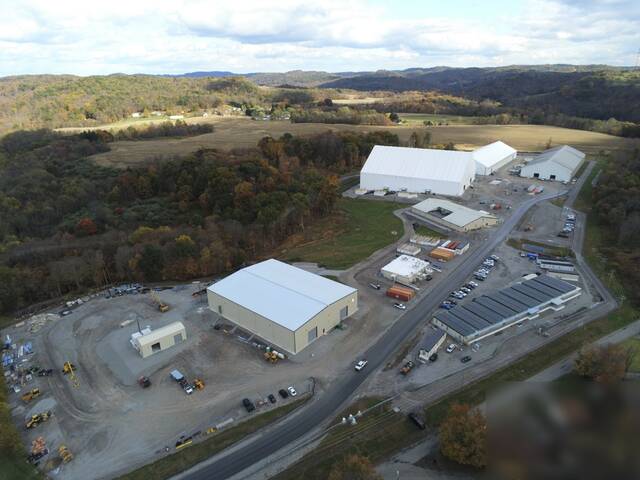A Massachusetts company has tested sewage from the Alle-Kiski Valley and hundreds of other wastewater treatment plants across the country to try to identify and predict spreads of the coronavirus.
The virus was not detected in a May 31 sample of wastewater from the Kiski Valley Water Pollution Control Authority, according to plant manager Dennis Duryea. The Allegheny Township-based authority serves 13 communities in the Alle-Kiski Valley.
On the same day of the testing, authorities reported two new cases of the coronavirus in Westmoreland County, increasing the total cases to 449, according to a report produced by Cambridge, Mass.-based Biobot Analytics.
“It gives you a comfort level, but still you have to continue with safe practices,” Duryea said.
Metabolites in human waste can serve as an early indicator of the disease before it spreads. Sewage offers useful data without collecting personally identifiable information, and it also captures virus data from people who displayed mild or no symptoms.
Biobot spokesman Jay Hauck declined to release more information on results from tests done locally or statewide, saying the company is contractually prohibited from revealing its customers and more details about them.
Biobot said on its website that its wastewater surveillance complements other measures to gauge the presence of infectious diseases when the capacity for clinical testing is limited.
As SARS-CoV-2 is shed in the stool of covid-19 patients, Biobot analyzes sewage to determine the presence of infected individuals and estimate the number of cases. These data could help public officials determine when to reopen communities and can serve as an early warning for the re-emergence of covid-19, according to the company.
The Kiski Valley Water Pollution Control Authority sent samples to Biobot Analytics as part of a voluntary nationwide study that has included more than 400 wastewater treatment plants in 42 states.
Wastewater epidemiology has been used for decades to study pathogens. But its application as a public health surveillance tool is relatively new, according to the University of Michigan School of Public Health.
In Harrisburg, Capital Region Water had its sewage tested by Biobot Analytics, which found that there could be up to 10 times more covid-19 cases in Dauphin County than what has been reported by the state Department of Health, according to abc27 news in Harrisburg.
“We know that there are a large number of people who may have had covid-19 and had not been tested, particularly when we did not have the testing capacity we do now,” state Department of Health spokesman Nate Wardle said.
“The information being presented through wastewater would likely increase the actual number of covid-19 cases in Pennsylvania,” he said.
The Department of Health said the Biobot project “is certainly helpful as we work to determine the full scope of covid-19 in Pennsylvania, and across the country.”
Wardle was not aware of other sewage authorities in the state participating in the Biobot testing or similar testing through another company.
Officials from Alcosan, the Allegheny Valley Joint Sewage Authority, Upper Allegheny Valley Joint Sanitary Authority, the Municipal Authority of Westmoreland County, the Greater Greensburg Sewage Authority and Allegheny County Health Department said they are not testing sewage for covid-19 detection.
“It does have a lot of promise and a way for health authorities to see what is happening at a community level,” said Dr. Amesh Adalja, a Pittsburgh-based infectious disease expert and a fellow of the Infectious Diseases Society of America. He noted that such tests have been used to detect polio in communities and covid-19 in Italy.
“It’s one way to think about what is going on that is not invasive,” he said.
The Associated Press contributed.








